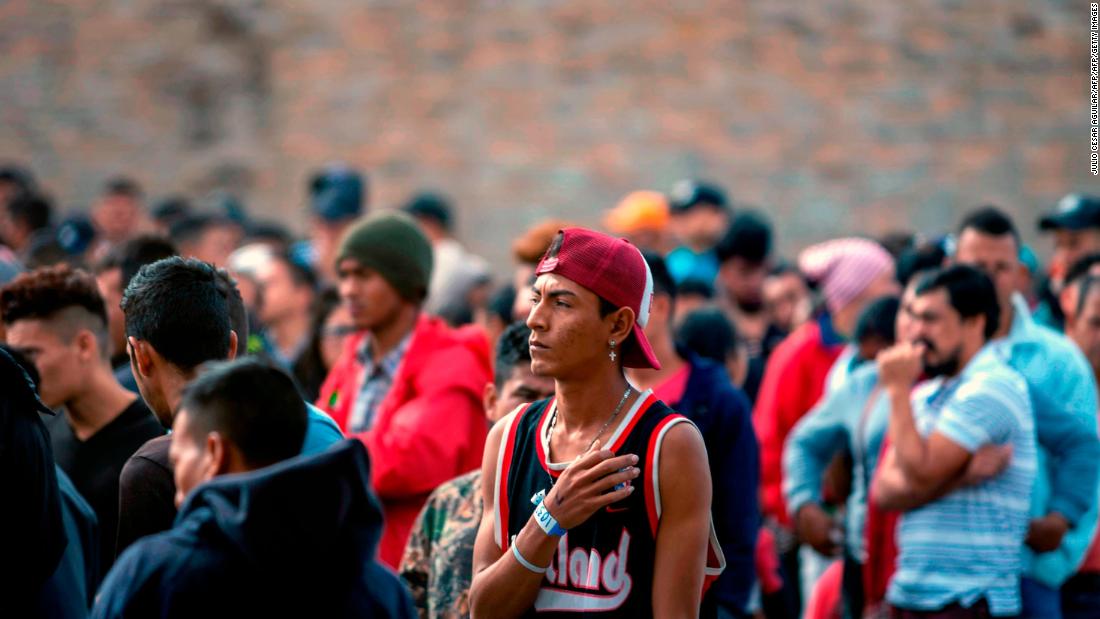
More than 76,000 people were apprehended crossing illegally or without proper papers in February, the highest number of "encounters" in any February in the last 12 years, according to CBP.
"The system is well beyond capacity and remains at the breaking point," CBP Commissioner Kevin McAleenan told reporters.
Of the 76,000, 7,250 were unaccompanied children and 40,385 were people who came with family members.
The increase in families and unaccompanied children crossing the border marks a significant change in demographics -- and a challenge to CBP, as in previous years single adults had largely been a majority of those crossing the border.
Since October, there's been a 300% increase in the number of families apprehended compared with the same period in fiscal year 2018, according to CBP.
"That means we have apprehended and encountered more families in just five months and five days than last year's record total," said McAleenan.
In February alone, 36,174 families and 6,825 unaccompanied children were apprehended, according to agency data.
Families and unaccompanied children make up more than 60% of apprehensions along the Southwest border. They're predominantly from Guatemala, Honduras and El Salvador. Previously, mostly single males from Mexico crossed illegally into the US, and they were quickly returned to Mexico. Because most crossing now are family members from the Northern Triangle countries, the US does not have the infrastructure to accommodate the influx.
The increase in family apprehensions combined with large groups -- defined as over 100 people -- crossing the border is straining the agency, officials say.
There have been 70 groups totaling 100 or more individuals apprehended so far this fiscal year, compared with 13 in all of fiscal year 2018 and two in fiscal year 2017, according to CBP. The agency also said it has seen instances of drug traffickers using such large groups as a diversion for law enforcement.
In what McAleenan acknowledged is a temporary fix, CBP is expanding its medical support and erecting a Centralized Processing Center in El Paso, Texas, "to increase the care of" families and unaccompanied children.
No comments:
Post a Comment